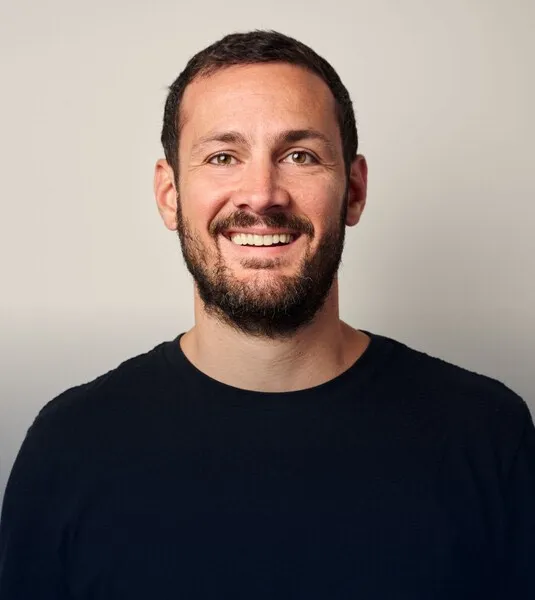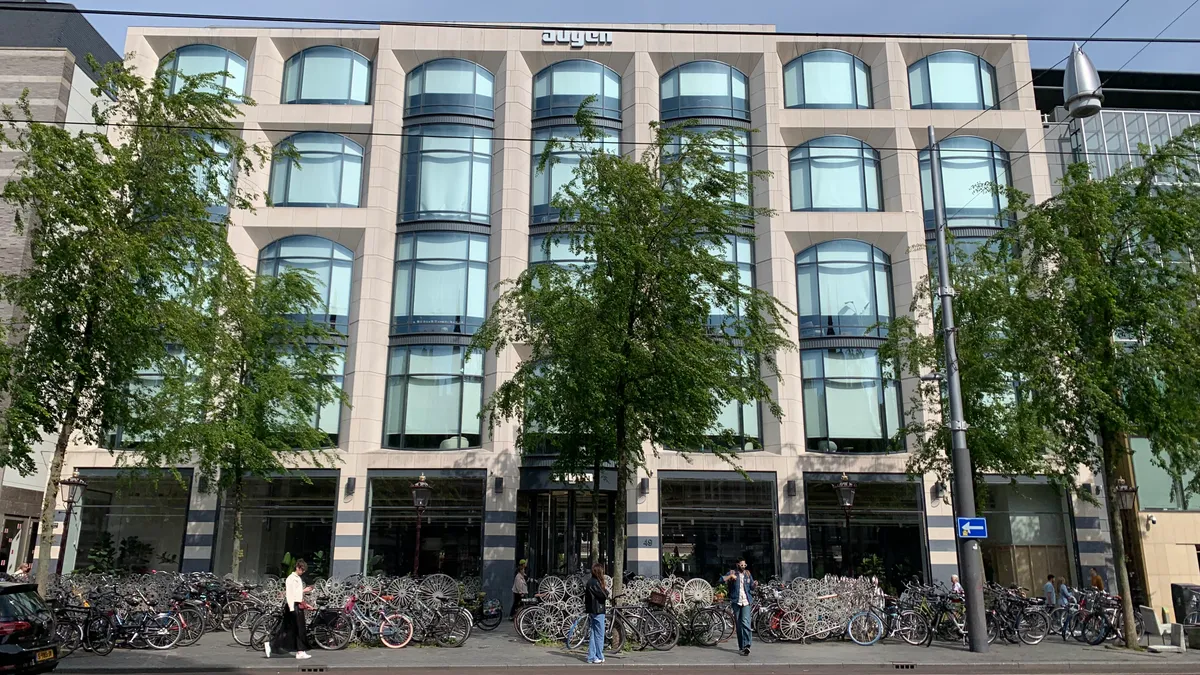North America was Adyen’s fastest-growing region in the second half of last year, and the executive who heads up that market is betting its single-platform approach will continue to fuel growth.
The Dutch payments processor, which serves large e-commerce companies as well as in-store and online merchants, also seeks to optimize costs for its merchant clients and provide them with comprehensive data. North America displaced the Asia-Pacific region, which was the fastest-growing region for Adyen in the first half of 2023, according to the company’s shareholder letter for that period.
North America is the second-largest market for Adyen, which has offices in San Francisco, New York and Chicago. The company, which doesn’t disclose regional revenue guidance, counts McDonald’s, Microsoft, Uber, Spotify and Etsy among its large clients.
But Adyen is seeing the fastest growth in its platforms segment, which caters to marketplaces and vertical software services companies, said Davi Strazza, North America president at Adyen.
Strazza, who spoke with Payments Dive Feb. 12, repeatedly pointed to Adyen’s single technology platform as something that sets it apart in a crowded field of payments players, where rivals Fiserv and PayPal have multiple platforms to serve various customer segments.
“Adyen's ability to bring multiple offerings through its single stack is a key advantage versus fragmented peers and even next-gen peers that do not boast the depth of product,” Bryan Bergin, analyst with TD Cowen, wrote in a Friday note to investor clients.
Editor’s note: This interview has been edited for brevity and clarity.
PAYMENTS DIVE: Net revenue in North America grew 27% year-over-year in the second half of last year. How has the company bolstered its presence in North America?
DAVI STRAZZA: We’ve been investing in North America for over a decade. Today, North America is almost 30% of Adyen’s global net revenue. If you put things in context, we still have single-digit market share in North America, and so there is a lot of room for us to continue to grow with our customers in this market.
Even after the challenges of last year, we continued our path to expand. With the single platform nature of our business, it's way more efficient to run a single transaction or to expand, compared to what it would be to someone that has to manage several different platforms.

We onboarded lots of people to Adyen between last year and the year before. We've come to the end of that cycle. We’ve now approached the size that gives us the ability to go after the next phase of growth. It doesn’t mean we’ll stop hiring. We’ll continue to hire throughout 2024, albeit at a much lower pace. We have close to 700 people in North America.
Can you expand on the growth the company is seeing with platforms and further opportunity with that segment?
We have been, historically, extremely focused on enterprise and we continue to be. Still, there’s an enormous problem to be solved on the small and medium-sized business side of things. Our strategy to capture the opportunity is to be infrastructure for platforms or vertical software-as-a-service businesses.
We see the platform economy growing incredibly fast, and for us, partnering up with these platforms is highly strategic. It’s our strategy to tap into that SMB space that we would not go after directly. So we go to someone like point-of-sale software companies Lightspeed or Olo, and we provide them with infrastructure to embed payments and embed finance.
On a relative basis, platforms is growing the fastest of the three pillars. We have a really large customer in that category that moves the needle quite a bit. If you exclude that merchant, that portion of the business has grown triple digits year over year.
Adyen obtained a U.S. bank branch charter in 2021. What do you make of competitor Fiserv applying for a special purpose bank charter in Georgia?
It’s an interesting market development. I can’t speak to Fiserv’s strategy. What I’ll say though is, it’s very difficult to replicate what we’ve built over the past decade.
If you look at our single platform framework, no one else can do that at the scale that we can. It's literally one single platform, all the licenses, and all the technical infrastructure for all of those use cases, at global scale.
Every other day, you can wake up and read about some competitor doing something new. All of these developments, such as M&A – those are arguably challenging for legacy platforms or for traditional players to manage.
Correction: This story has been updated to correct Strazza’s title. He is North America president at Adyen.











